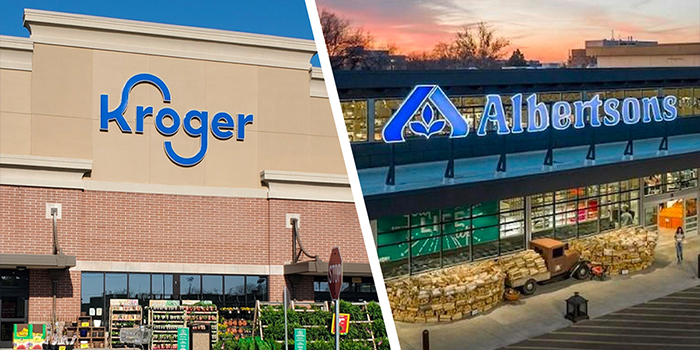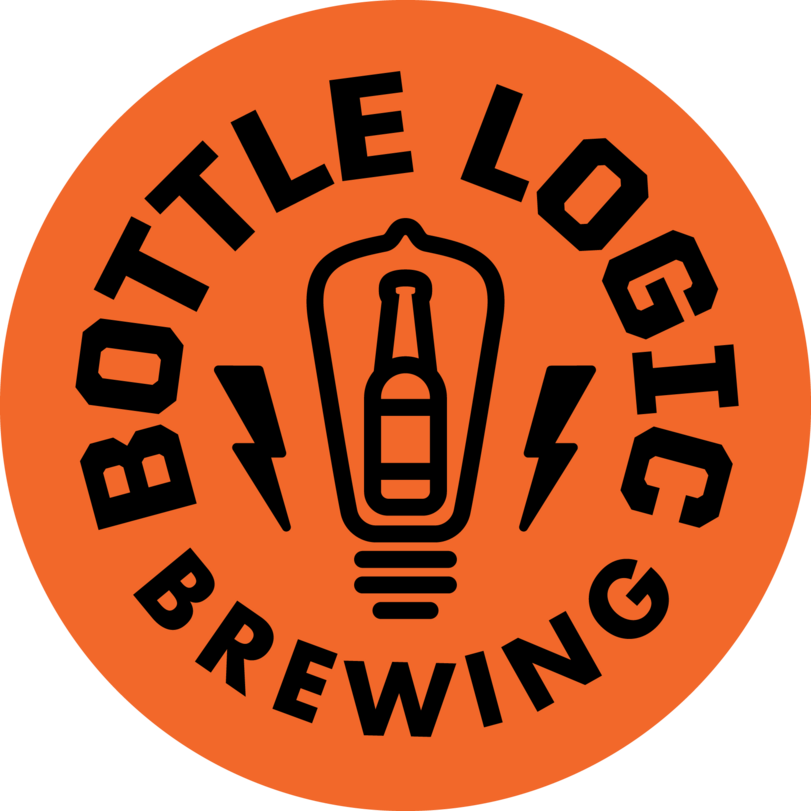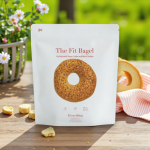Kroger/Albertsons: Stores vs Shoppers In Latest Merger Block Attempt

Opposition surrounding the proposed merger between Kroger and Albertsons continues to mount, as the leading grocery giants are fighting legal action from their own customers.
In February, a cohort of 25 private plaintiffs that have shopped at one of the corporations’ stores filed a suit in California federal court against both grocers and private equity firm Cerberus Capital, Albertsons’ largest investor. The group aims to block the proposed $24.6 billion merger and reverse the contested $4 billion dividend payment; they also requested a preliminary injunction against the deal in March.
Late last week, Kroger and Albertsons fought back, with each retailer filing opposition briefs attempting to dismantle the plaintiffs’ argument and claiming that the complaint is based “on the flimsiest of evidence.”
While the plaintiffs’ claim the grocery retailers, along with Cerberus, have devised a scheme to monopolize the grocery industry and shutter Albertsons in the process, it also echoed similar concerns to policy makers, labor unions and advocacy groups that have voiced their own opposition to the deal.
“The companies’ combined power will be used to increase prices for groceries, decrease the quality of food, eliminate jobs, close stores and offer less choice for consumers due to the overlap in geographic areas,” states the initial suit from February.
The complaint alleges the proposed deal violates the Clayton Antitrust Act and highlights that, if approved, the merger would give Kroger over 36% control of the national grocery market. The U.S. Supreme Court has heard cases where mergers have created lower market share control than that of Kroger and Albertsons’ pending deal, the suit claims.
“The contract to eliminate Albertsons constitutes a non-trivial transaction between significant rivals, neither of which is a failing company, that eliminates a substantial and growing competitor from the market,” the lawsuit states.
Kroger and Albertsons see things differently.
“Plaintiffs assert a per se theory of anticompetitive harm that would require courts to enjoin any merger wherein a non-trivial horizontal competitor is acquired because such mergers ‘result in the elimination of consumer choices,” states Kroger’s opposition brief. “Plaintiffs provide no economic analysis, no expert declarations, and no pricing data to support their claim.”
The two grocery chains have previously argued that the merger, which is currently under regulatory review by the Federal Trade Commission (FTC), will actually increase competition and allow the new mega-corporation to lower prices for shoppers and increase investment in its labor force.
In its opposition filing, Kroger’s CFO Gary Millerchip argues that any further injunctions against the deal will cause the grocery retailer economic harm and complicate the FTC review as well as “inject unnecessary uncertainty into an already complex regulatory process.” The company also deemed claims in the plaintiff’s complaint speculative and “untethered to real-world facts.”
The dividend payment – which was originally set to be paid on November 7, 2022 but was fought by four state attorney’s general, underwent numerous injunctions, restraining orders and appeals – was eventually distributed to the company’s shareholders on January 20. Albertsons asserts that the plaintiff’s request to reverse the payment is impossible, but also that the group has no grounds to make the request since four separate courts denied similar motions, brought by state litigators, prior to the payout.
The deal is not expected to close until the end of 2024, a fact Kroger also used to argue that this case is “frivolous” and an attempt to undermine the regulatory review process.
“The public has an interest in effective enforcement of antitrust laws, not superfluous litigation on meritless claims. Other than alleging a vague public harm of “lessened competition,” Plaintiffs provide no basis for why a preliminary injunction would serve the public interest,” states Kroger’s opposition brief.

















